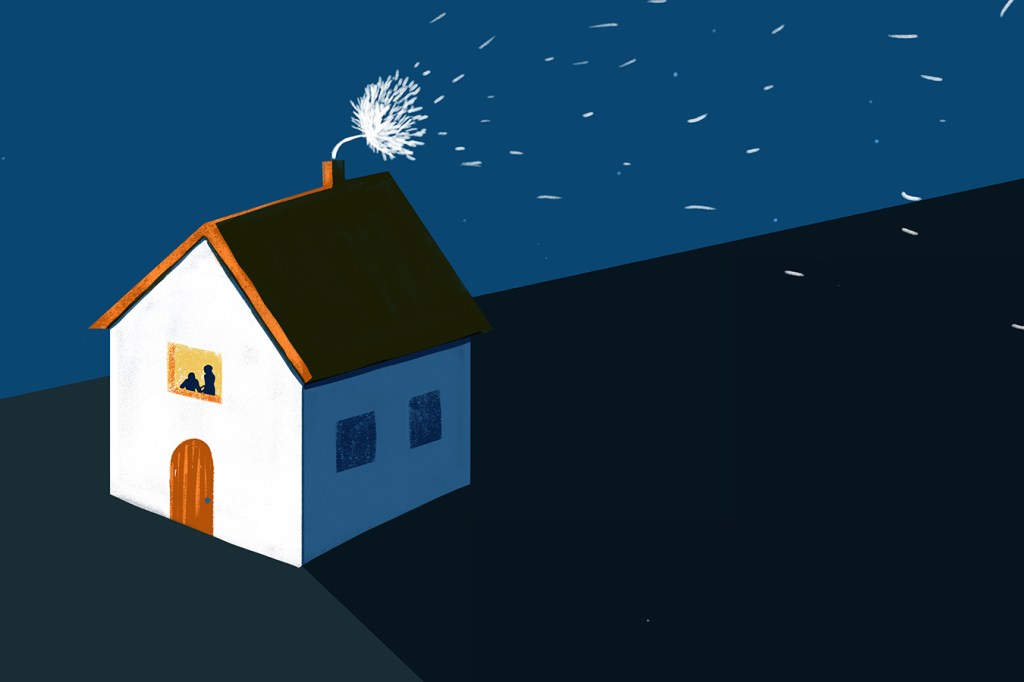Money
 Coronavirus Is Keeping Me Home From Work. Will I Get Paid?
Coronavirus Is Keeping Me Home From Work. Will I Get Paid?
As the novel coronavirus continues to march across the country, for many workers getting sick is only part of what worries them. What about getting paid if they are ill or have to be quarantined? Congressional Democrats are pushing for legislation that would provide paid leave for those who are not being compensated while out of work because of sickness, quarantine or family needs resulting from the coronavirus outbreak. Republicans and members of the administration have said they also are open to negotiations on a proposal. Currently, 10 states and the District of Columbia have laws that require some paid sick leave, according to the National Partnership for Women & Families. In addition, nearly two dozen cities and counties have paid sick leave laws. more »
 “That’s Not the Government Calling: Protecting Seniors from the Social Security Impersonation Scam”; Isolating Their Victims by Instructing Them Not to Tell Anybody What is Going On
“That’s Not the Government Calling: Protecting Seniors from the Social Security Impersonation Scam”; Isolating Their Victims by Instructing Them Not to Tell Anybody What is Going On
"To keep their victims under the spell, the scammers will demand they corporate with their fake investigation by the government or face severe fines or even jail time. They also attempt to isolate the victim by keeping him or her on the phone uninterrupted for hours or even days at a time by instructing them not to tell anybody what is going on. They will cite the confidentially of the investigation. In a recent case reported by the Wall Street Journal, an oncology nurse in New York was instructed to leave work without notice, check into a hotel, and stay on the phone for nearly 50 hours. Coached by the fraudsters through a series of transactions at her bank and credit union, she lost almost $340,000 to scammers over three days." more »
 The Effort That It Takes to Give Someone a Good Death at Home; Hospice Care Can Badly Strain Families
The Effort That It Takes to Give Someone a Good Death at Home; Hospice Care Can Badly Strain Families
The for-profit hospice industry has grown, allowing more Americans to die at home. But few family members realize that "hospice care" still means they'll do most of the physical and emotional work. When it comes to where we die, the US has reached a tipping point. Home is now the most common place of death, according to new research, and a majority of Medicare patients are turning to hospice services to help make that possible. Fewer Americans these days are dying in a hospital, under the close supervision of doctors and nurses. more »
 Rumors Of War by Kehinde Wiley: Monuments and Their Role in Perpetuating Incomplete Histories and Inequality
Rumors Of War by Kehinde Wiley: Monuments and Their Role in Perpetuating Incomplete Histories and Inequality
In Rumors of War, Wiley draws from a series of paintings he created in the early 2000s when, inspired by the history of equestrian portraiture, he replaced traditional white subjects depicted in large-format paintings with young African American men in street clothes. At that time, these works were a reaction to the conflicts in Iraq and Afghanistan. Nearly two decades later, Wiley’s public sculpture, taking its name from a biblical phrase found in Matthew 24:6, addresses the violence that continues not just in the Middle East but every day on the streets of this nation. Rumors of War also offers an exquisite example of how to imagine and develop a more complete and inclusive American story. more »






